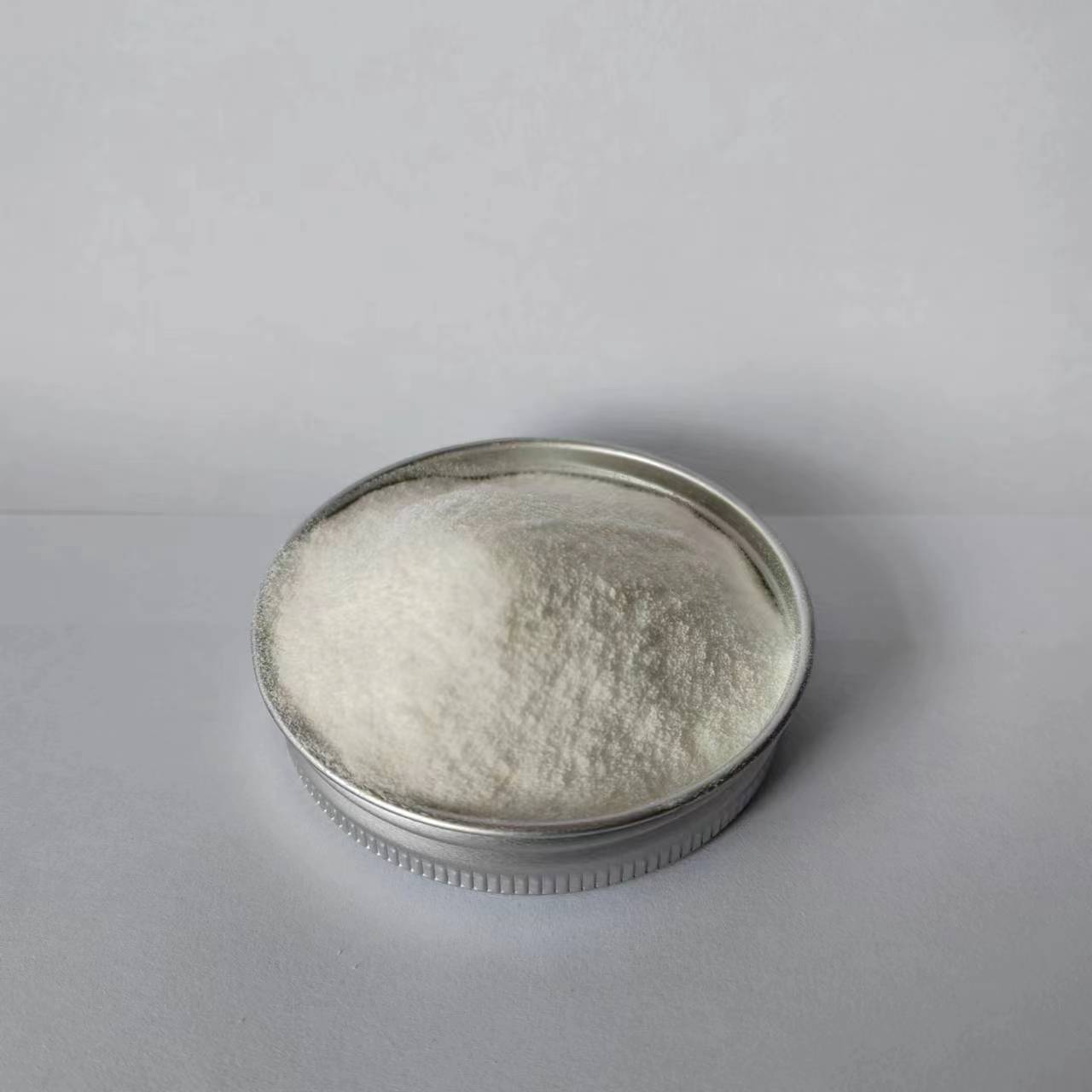Food Ingredient Resistant Dextrin
1.Conditioning the intestines(defecating effect)
Improve constipation, improve diarrhea
2.Reducing cholesterol in blood
Reducing the risk of cardiovascular disease
3. Slowing down the speed of blood sugar rise after meals
Reducing the risk of diabetes
4. Improving metabolism of neutral fat
Slowing the rise of neutral fat after meals. Controlling the accumulation of fat
(preventive effect)
Resistant Dextrin as called soluble corn fiber
it is a white to light yellow powder, and it is a kind of water-soluble dietary fiber
that is made of non-genetically modified natural corn starch as a raw material,
after a certain degree of hydrolysis, polymerization, separation and other steps.
Its low calorie content, good solubility, and slight sweetness and odor, remain stable under conditions of high temperature,
variable pH, moist environment, and high cutting force.
Can be used in food, beverages, powder capsules and other processed products.
A large number of studies have shown that resistant dextrin is a natural product that integrates various functions
such as regulating intestinal health, preventing and treating cardiovascular diseases, benefit of prebiotics, and blood sugar lowering.
What is Soluble Corn Fiber?
Soluble corn fiber (SCF) is created from the enzymatic hydrolysis of cornstarch.
As is the case with most fibers found in whole foods,
it's poorly digested in the small intestine but partially fermented by gut bacteria in the large intestine.
Additionally, it exhibits similar physiological benefits of dietary fiber which include: low viscosity,
high water solubility, and a stable pH.
Soluble corn fiber is used across the food industry in a number of processed, pre-packaged goods including cereals, cookies,
condiments, meal replacement drinks, and even flavored water.
While you many not see "soluble corn fiber" on the label, it can also show up as corn fiber, corn syrup, or corn syrup solids.










